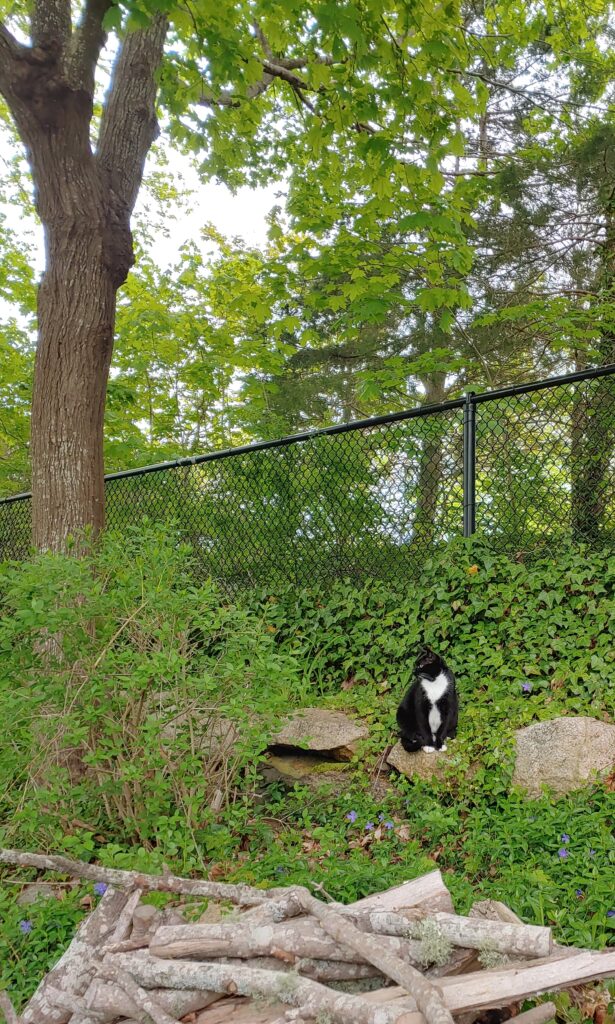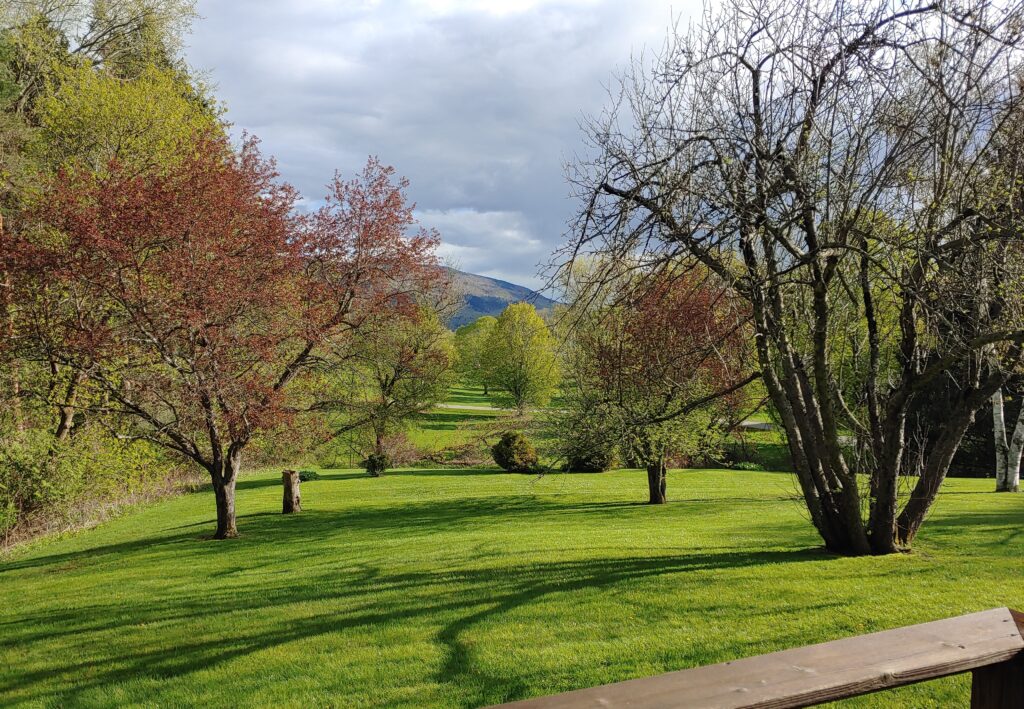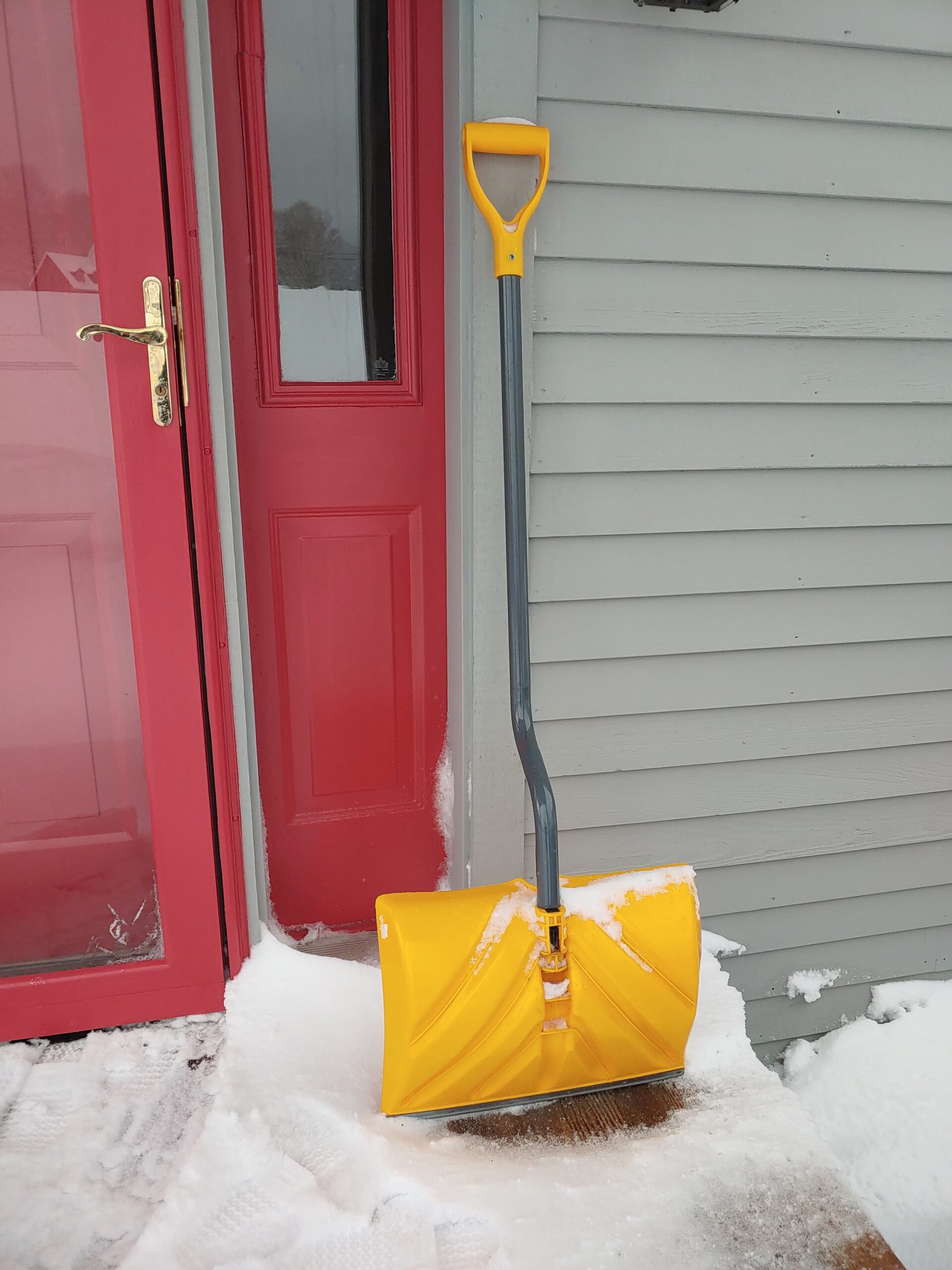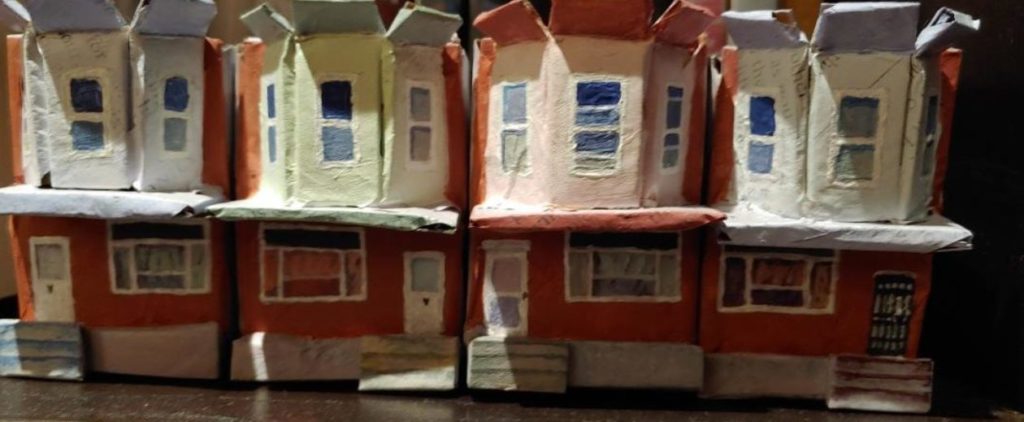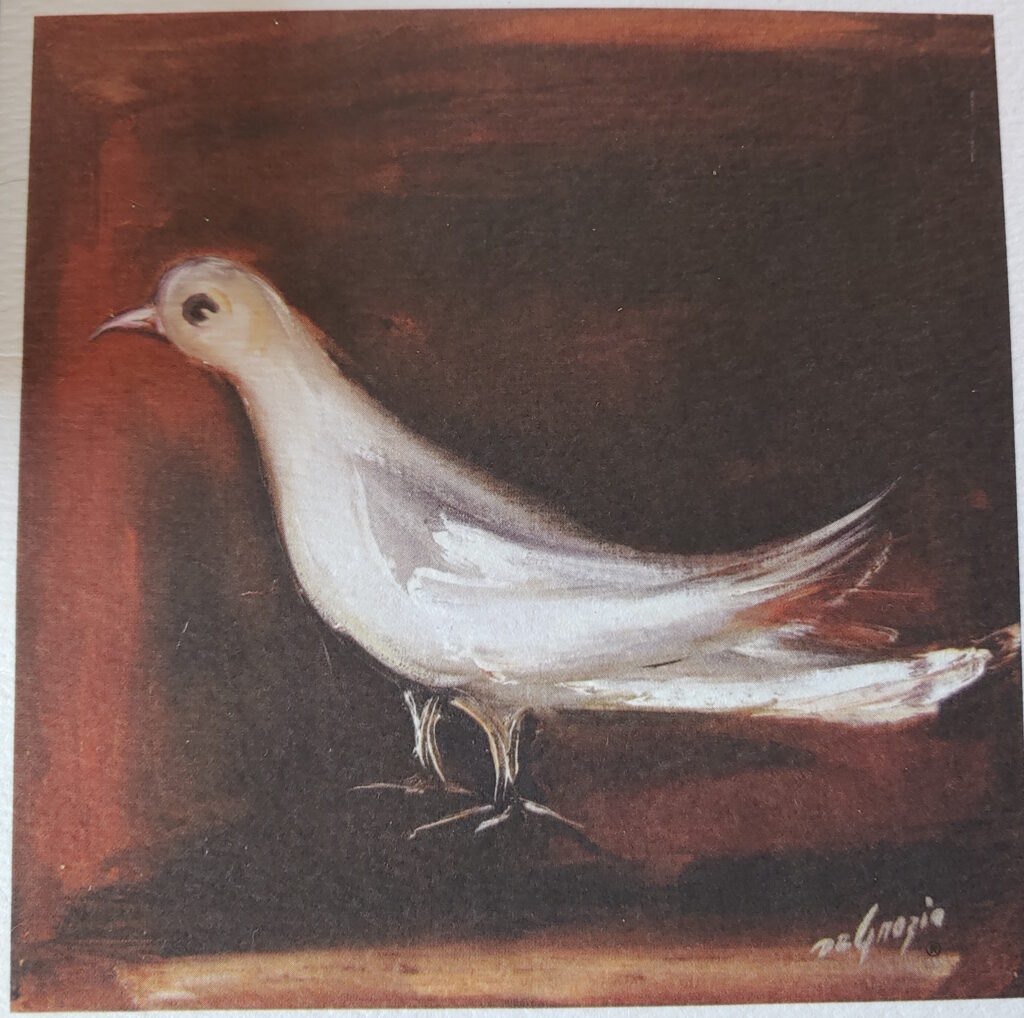In my distress I cry to the Lord,
that he may answer me:
“Deliver me, O Lord, from lying lips,
from a deceitful tongue.”
What shall be given to you? And what more shall be done to you, you deceitful tongue?
A warrior’s sharp arrows,
with glowing coals of the broom tree!
Woe is me, that I am an alien in Meshech,
that I must live among the tents of Kedar.
Too long have I had my dwelling among those who hate peace.
I am for peace;
but when I speak, they are for war.
Psalm 120, Psalm of Ascent, NRSV
The same emotional state that causes a child’s tantrum can also take hold of an adult. Reason and offers of compromise, even apologies, won’t resolve it – in fact, they may have the opposite effect, causing the one throwing the fit to ratchet up the anger. Destruction becomes the goal, damn the cost. And the cost is high.
What happens when it takes hold of a group, when words and actions cannot redirect the swell of damaging energy and emotion? When mob mentality takes hold and directs violence outward, aiming at specific individuals or groups? Large scale or small, that’s war.
Sometimes, in this emotionally charged and divisive age, it feels like peaceable words and actions are useless. But that’s not true. As individuals, we may not be able to put an end to the thirst for war and destruction, but we can certainly make sure we don’t add to it. Maintaining a state of non-reaction, of peace, bears witness and has its effect. Who knows – it may be the way God answers our prayers for peace. And it just might keep us sane and hopeful.
Keep speaking peace.
[This is the first in a series on the Psalms of Ascent. For more information, click above…]



